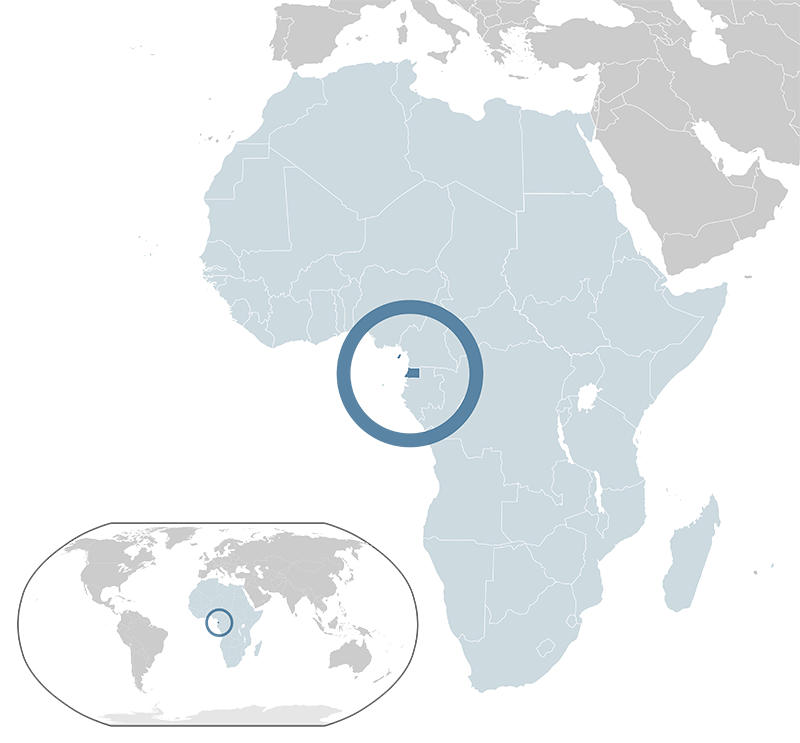
- Population:
- 1,893,000
- Religion:
- Christianity
Equatorial Guinea was originally home to Bantu-speaking peoples before becoming a Spanish colony in the 18th century. It gained independence in 1968 but soon fell into dictatorship and political repression. Despite its vast oil wealth, much of the population remains in poverty. The country is known for its authoritarian rule and limited political freedoms, though its economy is heavily tied to petroleum exports.
Equatorial Guinea is a country located on the west coast of Central Africa. It consists of a mainland region, Río Muni, and several islands, including Bioko, where the capital Malabo is situated, and Annobón. Covering a total area of approximately 28,050 square kilometers, it has a population estimated at around 1.8 million people as of 2024. The official languages are Spanish, French, and Portuguese, with Fang and Bubi also widely spoken. Equatorial Guinea operates as a unitary dominant-party presidential republic. The discovery of significant oil reserves in the 1990s transformed its economy, making it one of sub-Saharan Africa's largest oil producers. However, wealth distribution remains highly unequal, and the country faces challenges such as human rights concerns and political repression. Equatorial Guinea is a member of the United Nations, the African Union, and the Organization of the Petroleum Exporting Countries (OPEC).





